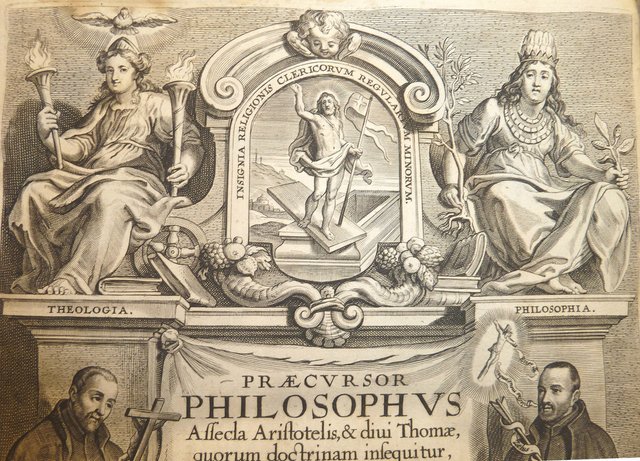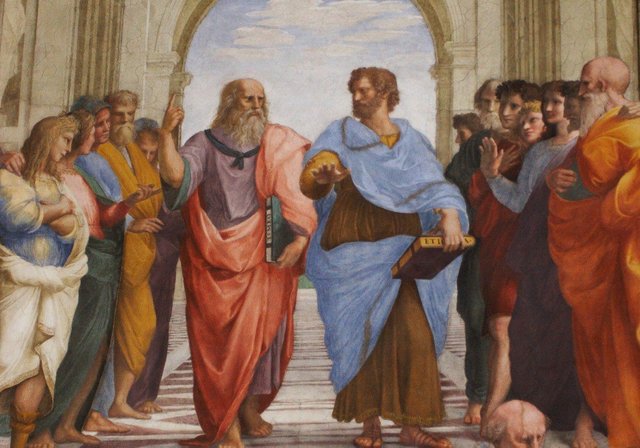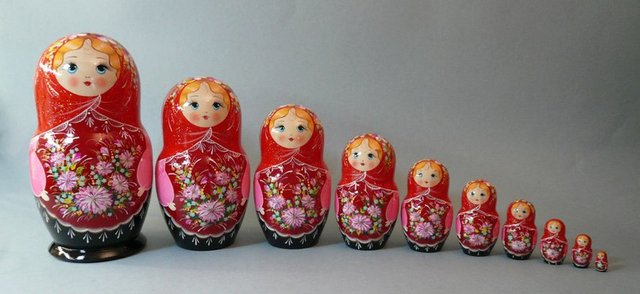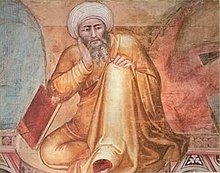A History of Philosophy
“Philosophy” is made up of two words, “Philo” & “Sophia”. It is a Greek word. Philo means love & Sophia means knowledge. So Philo Sophia actually means “Love for Knowledge”. In history the societies who perused knowledge were always dominant.
Philosophy is known as “Mother of all knowledge”, whether it is politics, law, science, mathematics, history and medicine etc.

“… if I have seen farther it is by standing on the shoulders of giants.” Sir Isaac Newton (Physicist & Natural Philosopher, 1642-1726)
Philosophers are the giants of knowledge & wisdom of their time, if we understand their views, we can look even farther from them. We can change our society via it. Philosophers themselves were pretty amazing people. Some were kings, some slaves, some revolutionaries, some politicians, some doctors, some lawyers, some teachers, philosophers belonged to every type of profession.
Most of them were men & belonged to upper class of the society. There were only a few women who were involved in Philosophy. There were a few number of philosophers from lower class as well who had a chance to present their views.
All of them were kinda "crazy" as well. I guess humans need to be crazy if they’ve invested all their time for Philosophy.

Diogenes – Founder of Cynic Philosophy 412-323 BCE
History of human civilization is only the history of human knowledge. We have a complete overload of information now a days, glut of information. Take TV as an example where you get every sort of opinions, in newspapers you’ll find every point of view there is and on social media you’ll find so many views that you’ll find it hard to look for the right one .
There are 3 ways to study philosophy
1. Thematic:
If we study philosophy via thematically, we’ll point out the some important questions like, Nature of human being, what is the aim of life? What is the aim of the state? There are important debates as well like reason vs. revelation, metaphysics & dialectics, relativism & determinism, socialism & capitalism, determinism & free will, materialism & idealism, & other lots of debates.

2. Methods:
If we study their methods, then we’ll have to see Inductive method or deductive method, Plato or Aristotle etc.

In these blogs we’ll go chronologically (or series of Blogs)
3. Chronologically:
Define its history first. It is more beneficial this way, because let’s say if you start a movie from the middle you won’t be aware of their characters, their story or their plot & you won’t be able to enjoy the movie or not even understand the movie at all.
Philosophy is the same as well. If we start studying one philosopher, although we won’t be aware of the history, the arguments or the debate, then we won’t be able to understand them at all (Historical Approach).
Secondly, if we study chronologically & explain its history, we’ll see how at the end of solving one problem, another raised & in solving that, a third problem is raised & so on. So we are going to understand history & evolution of thought in flow and direction.

It is exactly like this Russian doll (Matryoshka Doll). If we make an example out of it & imagine this doll as a question, if we solve this question (Opening the doll), another question will be raised, and after solving that another will be raised & so on so forth.
Moreover, we’ll understand every philosopher individually, we’ll understand his context. Understand his historical context, we’ll understand those great figures, understand how one philosopher has influenced another philosopher. & we might have seen that somehow a person in one end of the world have changed thoughts or influenced another person on the other end.

3 Traditions of Philosophy
1. Chinese Philosophy
2. Indian Philosophy
3 Western Philosophy
Western Philosophy include Roman Philosophy, Greek Philosophy, Christian Philosophy, Islamic Philosophy, & modern Philosophy.
If we study history of philosophy, we’ll understand thought & philosophy of science & by studying that, we’ll understand our own history & society via which these thoughts were made. And in the end to seek this knowledge to help create a better society.
I consider approaching towards that philosopher or the philosophy with an open mind. If we make up our minds from the beginning by studying one & leaving the other because we disagree with them, then we will never be able to understand that philosophy, we won’t be able to procure that thought.
Secondly we need to understand the philosopher according to their historical context, If we take them out of their context we’ll never be able to know that in what kind of time what were they replying to & the answers that they were giving what kind of historical context were they holding?
We also need to understand that every philosopher is giving an answer to another philosopher or a point of thought. A polemical debate is running.
If we understand the opposed point of view, we will not understand why this philosopher has said these things. If we see them as against each other well understand everything.
In social sciences & philosophy etc. have every type of biases. This won’t be omitted from biases either. So it is better to explain these biases from the beginning so that we’ll know them as well.
History is written by victors, so they write history with their point of views. All the written form of history, whether it is about philosophy, human, war, politics, it is always written in the Victor’s context.
Moreover all this history is written by man, this point is very important. Because all these systems for about 2500 years is by Patriarchal bias, in easy words, Men have always dominated women. So in the history written, there are very few number of women.
Most importantly the person who teaches you social sciences or philosophy, their own personal biases are in it as well (Pedagogical Bias).
We need to understand those biases as well. Why those biases were born, If men, dominants or Europe, what have they written & why?
All our personalities are made because of these biases in history. & these are the biases which have formed our thoughts

“It is the mark of an educated mind to entertain a thought without accepting it.” – Aristotle
(Whether you agree or disagree with something, understanding that is the basic purpose of education).
Nice post. For me going through ideas chronological helps me understand things more throughly. If you want to see how something came to be, refer to the classics of the subject. Not only do you get the historical precedents, but it's an immense time savor.
Thanks Mate, Hopefully You'll like the upcoming posts as well...
A very well structured post, good luck !
Thank You, Do keep in touch, More to come....